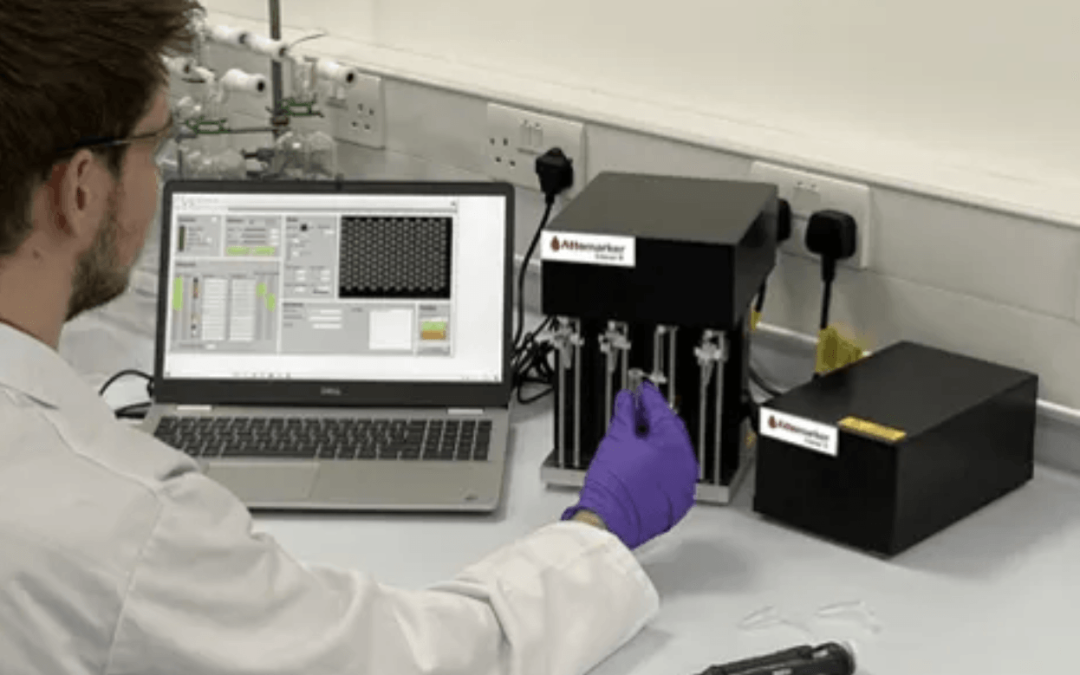Testing for COVID-19 currently relies on detecting virus RNA in a swab sample from the patient’s throat or nose. Laboratory analysis tells you if you have the virus where you were swabbed. It does not tell you if you have the virus in your lungs or if you have had the virus and recovered from it. Nor does the swab test tell you if you have immunity to the virus.
Blood tests work by measuring the patient’s immune response and hence the level of antibodies in a sample of blood serum (hence their other name, serological tests). These antibodies are produced as part of the body’s mechanism to fight disease, and give an indication of a disease’s course, and the degree of recovery and subsequent protection from reinfection.
Detection of serological response to COVID-19 would thus be valuable, particularly if the test provided fast results together with a measure of patient immunity. Immune people would be safe to return to work.
We analysed 83 samples of COVID-19 infected blood over two days at St Thomas’s Hospital, London. The results based on this initial first sample provide early support for the validity of the technology as well as early information on the time course of the serological response in hospitalised patients. The team then conducted further tests, boosting the sample size significantly in order to ensure that conclusions are robust.
Professor Andrew Shaw of the University of Exeter worked alongside Professor Chris Hyde of the University Medical School and Professor Jonathan Edgeworth of the Centre for Clinical Infection and Diagnostics Research at St Thomas’s.
The tests were performed on a portable Attomarker Liscar 4 bench-top instrument, each providing results in just ten minutes.
An academic paper has been completed for urgent peer review, and the conclusions have been shared with ministers at the Department of Health and Social Care and Public Health England.
